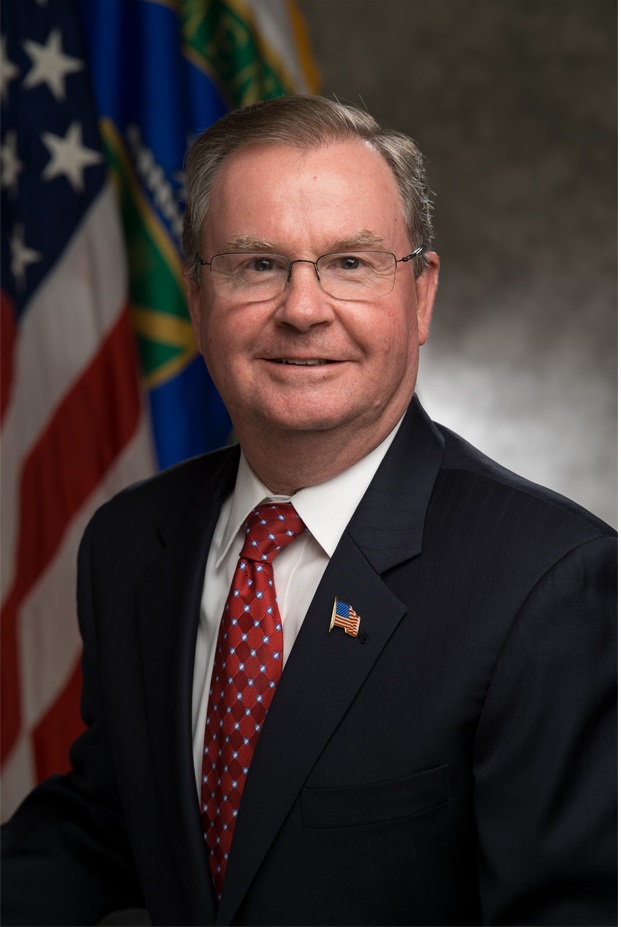Students deserve access to STEM education, for their future and America’s future. Read about the Office of Fossil Energy's STEM programs here.
March 21, 2019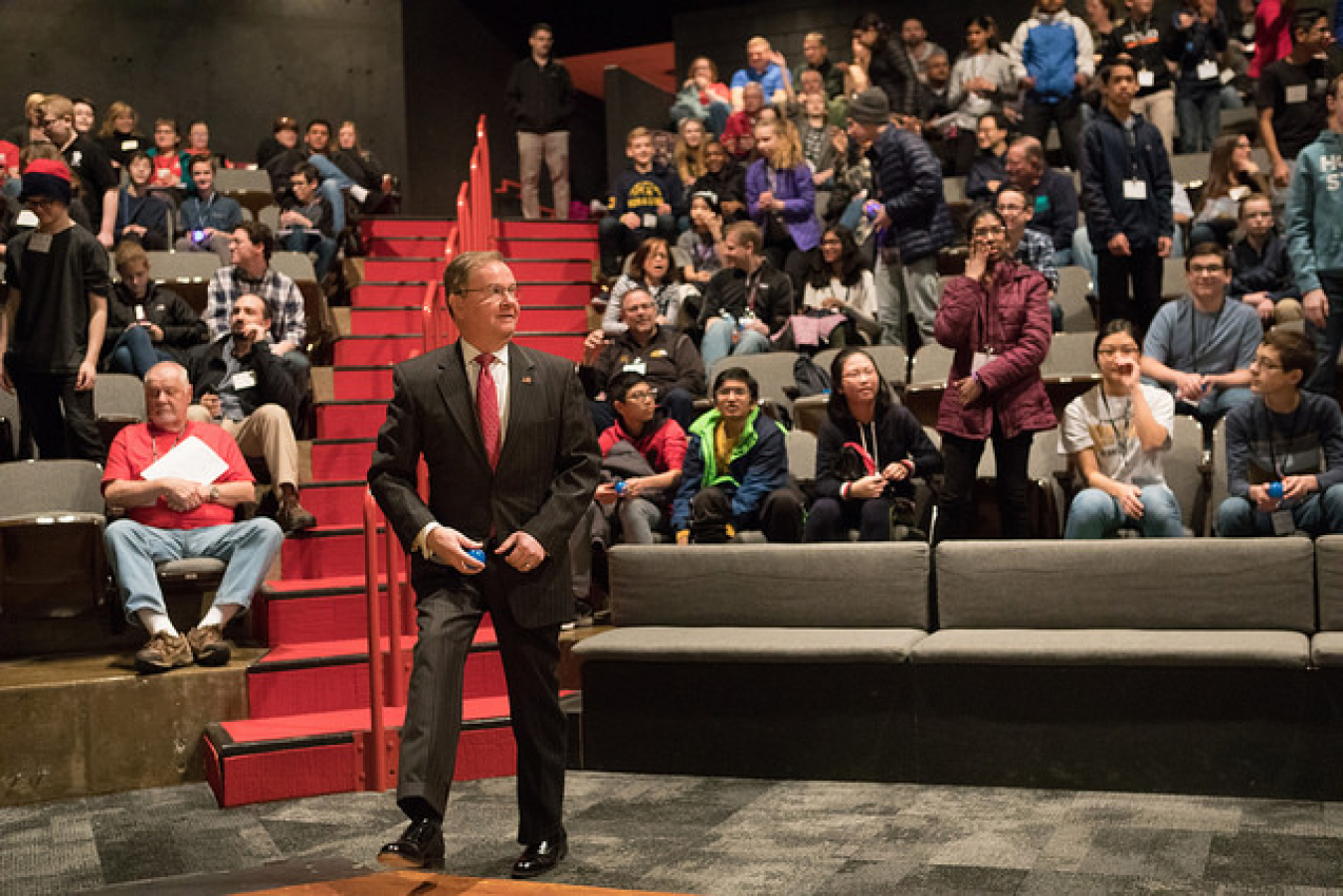
Before I joined the Department as the Assistant Secretary for Fossil Energy, my career in energy research and development helped me learn firsthand the importance of inspiring and training the next generation of researchers and innovators. I’m excited that the Office of Fossil Energy’s workforce is committed to inspiring tomorrow’s Science, Technology, Engineering, and Math (STEM) professionals through community engagement today.
At the Department of Energy (DOE), we have many programs to help strengthen a diverse pipeline of future STEM professionals. The Office of Fossil Energy also has a number of STEM activities, including the well-known Mickey Leland Energy Fellowship (MLEF) program. For more than 20 years, the MLEF Program has provided underrepresented students the opportunity to gain hands-on research experience in the Office of Fossil Energy—preparing the future generation of STEM professionals. Since its start in 1995, the program has mentored several hundred of the best and brightest students across the country interested in pursuing a STEM career.
During the 10-week fellowship, students train under the mentorship of program officials and scientists at DOE Headquarters or in one of the DOE labs. Last year, we had 60 MLEF students, representing 46 colleges and nearly half the states in the country, as well as the District of Columbia.
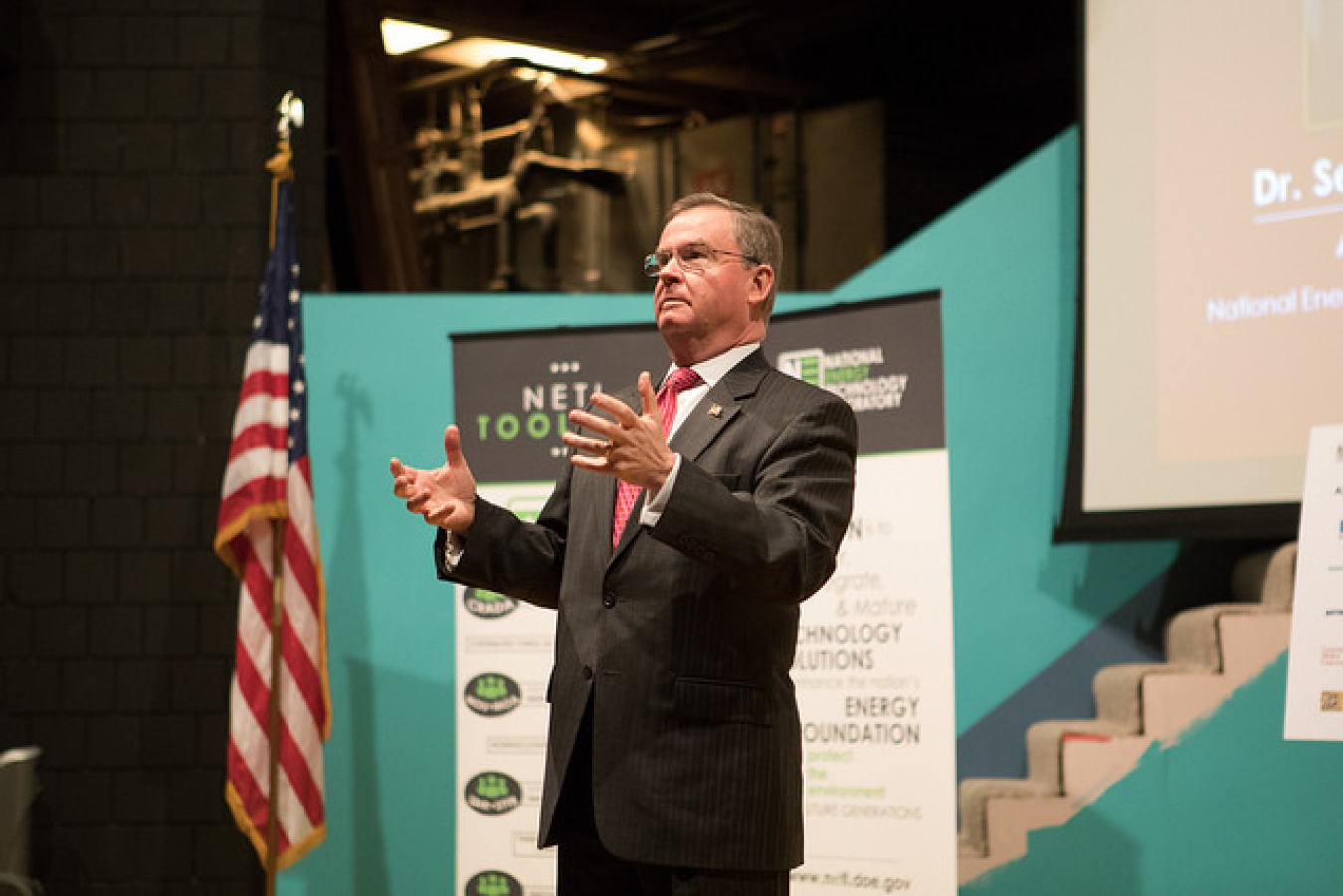
In addition to MLEF, our researchers at the National Energy Technology Laboratory (NETL) are proud to share their expertise and enthusiasm with students in local areas (including Pittsburgh, PA; Morgantown, WV; and Albany, OR). Our STEM teams may be small, but they have a big impact with our outreach efforts—such as K-6 school visits and our participation in career fairs, science fairs, and public festivities. For instance, NETL staff support WV Makes, where campers from middle school to high school age get firsthand experience in 3D design, 3D printing, assembly, coding, soldering, basic electronics, electromagnetism, and hydraulics.
About 6,700 students are actively engaged in NETL’s K-12 STEM Education & Outreach programs. NETL is also involved in the West Virginia and Western Pennsylvania Regional Science Bowls, and the NETL Energy Zone STEM Education Exhibit at the Carnegie Science Center in Pittsburgh that draws nearly 140,000 visitors each year. Finally, NETL has approximately 250 participants engaged in our Graduate Education Programs including undergraduate students through postdocs.
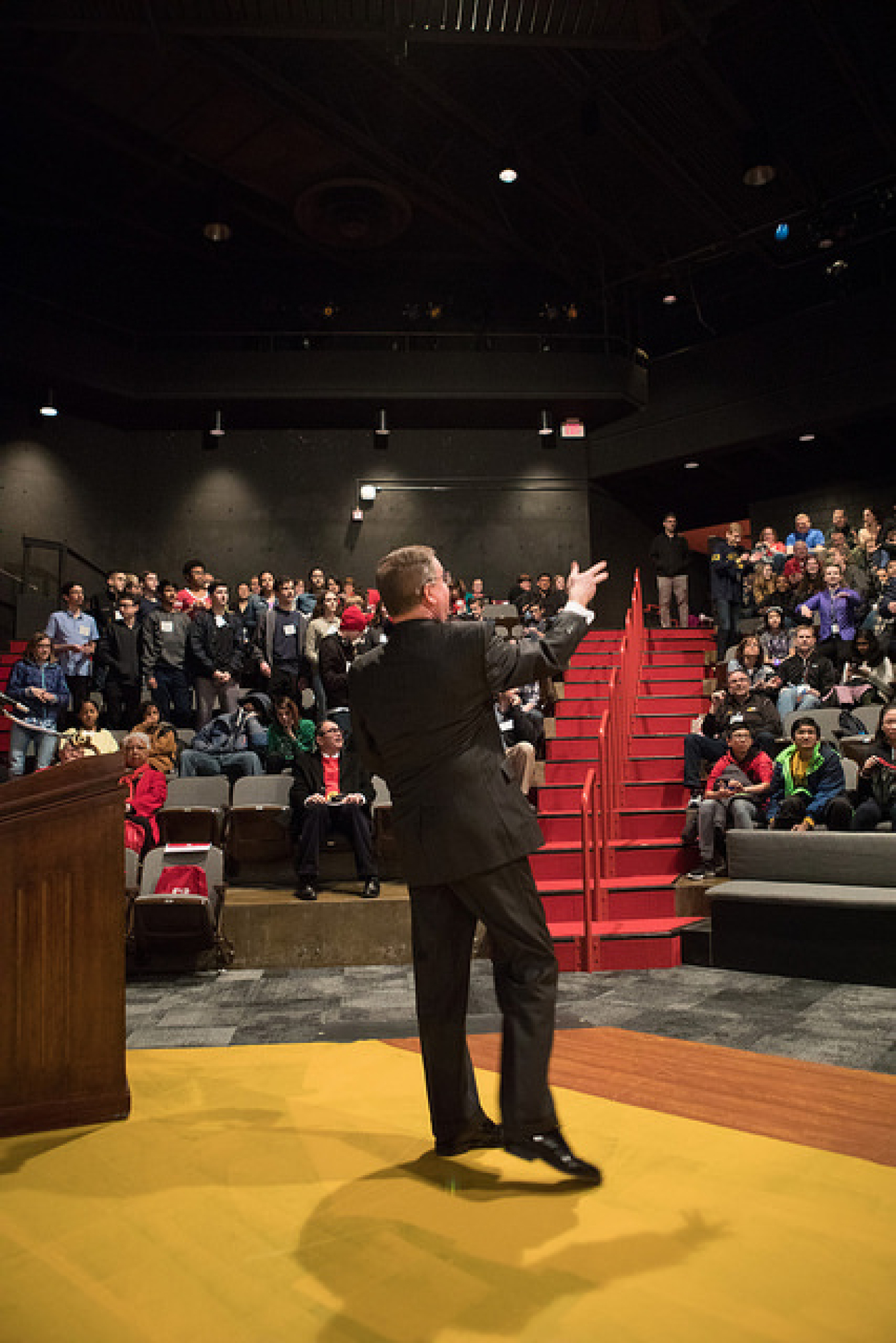
I strongly believe it is our responsibility to help these students in their preparation for rewarding careers in STEM. One of the President’s primary goals is to give Americans the opportunity to obtain the necessary education and tools that lead to good, stable jobs. The President and his Administration are determined to provide Americans, particularly young Americans, the technical skills needed in competitive job markets. STEM education is now a priority for students in the United States, as they have potential to be one of America’s greatest generations. Students deserve access to a high-quality STEM education, not only for their future—but for America’s future.
Learn more about the Energy Department’s STEM efforts at www.energy.gov/STEMRising
Steven Winberg
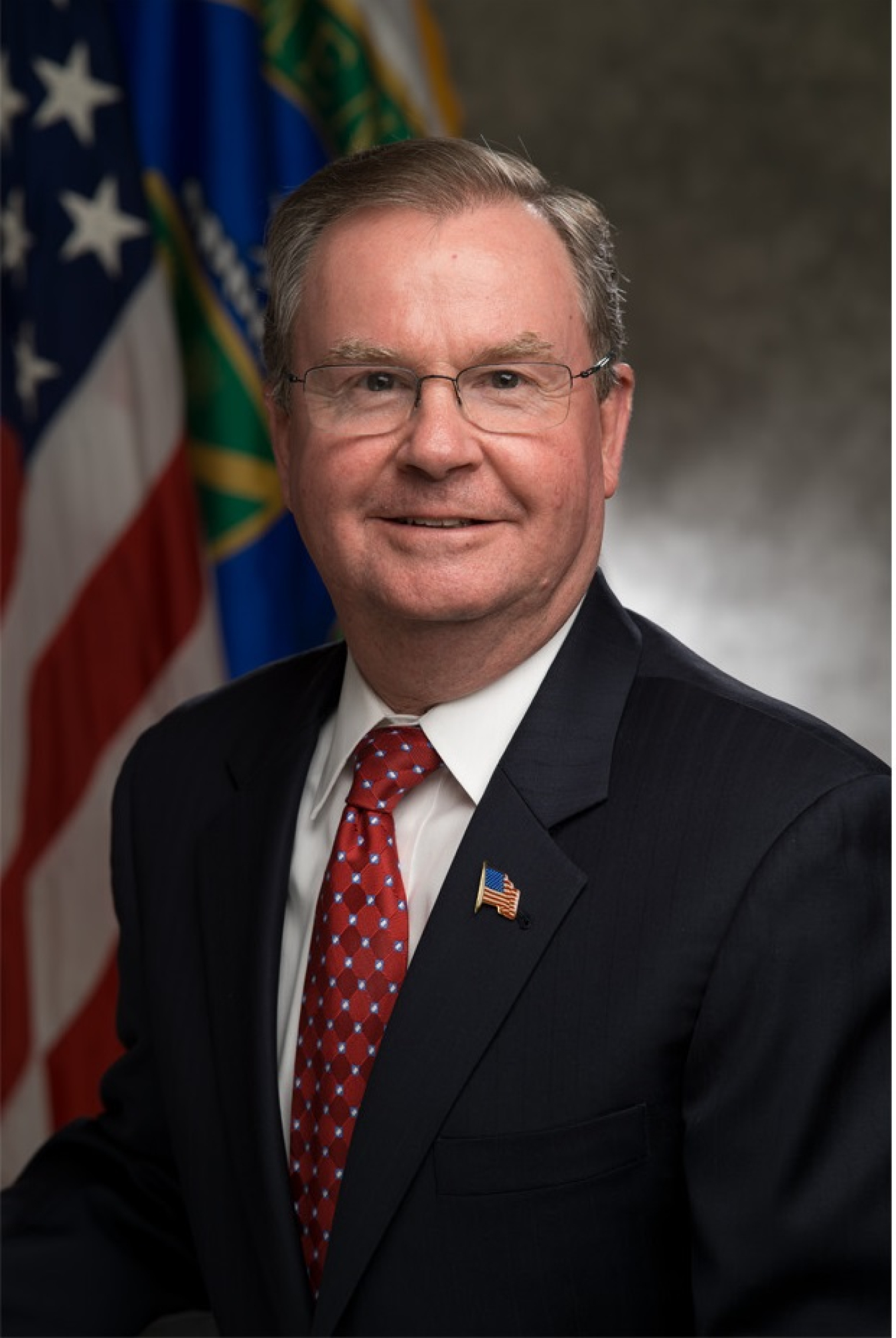
Steven Winberg, Assistant Secretary for Fossil Energy
Steven Winberg served as Assistant Secretary for Fossil Energy. He was responsible for the management and oversight of FE’s research and development program, encompassing coal, oil, and natural gas, as well as the Office of Petroleum Reserves.
Mr. Winberg has 39 years of experience in the energy industry. He began his career at the engineering firm Foster Wheeler as an engineer on coal-fired utility boilers. From there, he spent 14 years with Consolidated Natural Gas working in a variety of positions before becoming Vice President for CONSOL Energy Research & Development. Immediately prior to coming to DOE, Mr. Winberg served as a Senior Program Manager at Battelle Memorial Institute.
Over the span of his career, Mr. Winberg has participated in a number of policy and energy initiatives. He has also gained extensive experience in numerous energy technologies, including advanced fossil energy combustion, coal-to-liquids, fluidized bed combustion, emulsified fuels, fuel cells, alternative fuel vehicles, and carbon utilization.
Mr. Winberg received a bachelor’s degree in nuclear science from the State University of New York Maritime College in 1978 and an MBA from the University of Pittsburgh in 1991.


